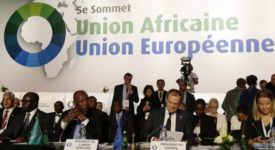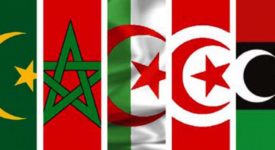The European Parliament has criticized the work and especially the lack of democratic accountability of the trio of international lenders, the “Troika” – EU Commission, the European Central Bank (ECB), and the International Monetary Fund (IMF). As a result, the Parliament has called for the creation of a European version of the IMF in order to assist debt-battered economies.
Although the Parliament recognizes that the Troika has contributed to the betterment of the economic situation, it is very critical of the methods that the three organizations have used. The two non-binding reports published by the Parliament’s Economic and Monetary Affairs Committee and the Employment and Social Affairs Committee also accuse the trio of a lack of democratic accountability. The three organizations are still actively engaged in follow-up reforms in the countries they had helped bail out – mainly Greece, Portugal, and Ireland.
Moreover, MEPs think that the distribution of responsibilities among the three institutions is uneven and coupled with differing mandates. In the centre of the European Parliament’s attention are also decision-making and negotiation structures that are also thought to have heterogeneous accountability which leads to a lack of proper scrutiny and democratic accountability as a whole, the Parliament’s reports say. MEPs also censure the “overly optimistic assumptions made by the Troika” as well as the shortage of results of its bail-out program.
According to MEPs, the conditions that must be met by bail-out economies have extensively negative consequences on social welfare, healthcare, youth migration, poverty levels, and unemployment rate. The Parliament also laid blame on EU finance ministers and the Eurogroup for their inability to provide consistent political guidelines to the EU Commission and for having failed to assume their share of responsibility in their capacity as the main decision-maker.
As a cure for these problems, MEPs propose to create a “European Monetary Fund” which would assume the role of the EU Commission in the work of Troika. Under their scenario, the ECB would become only an observer whereas the participation of the IMF would not be mandatory. The new organization should be ideally anchored within the EU law.
Article Categories:
ECONOMY & TRADE






